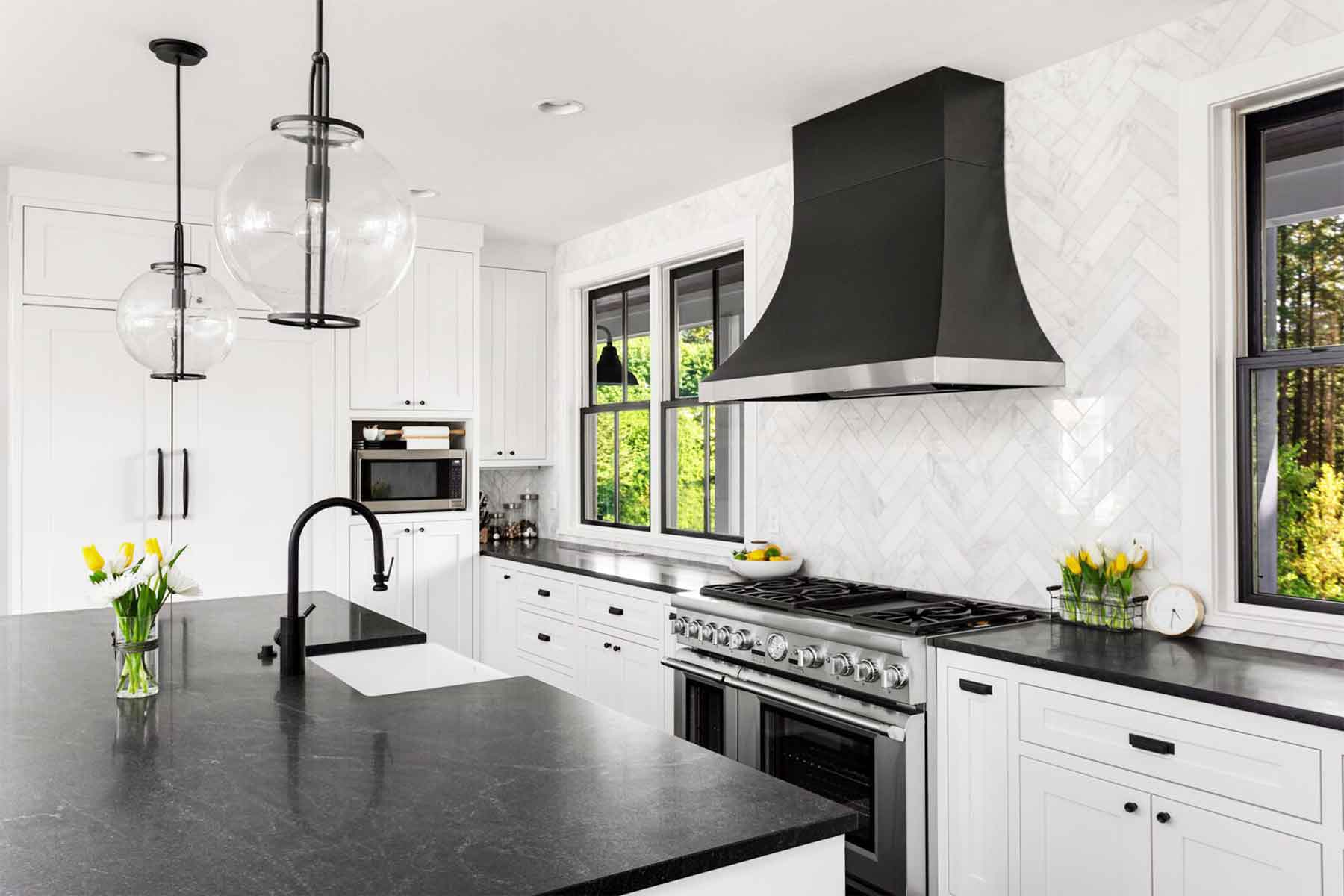

Articles
How Much Do Soapstone Countertops Cost
Modified: December 7, 2023
Looking for articles on soapstone countertops? Discover how much soapstone countertops cost and get expert tips on installation, maintenance, and more.
(Many of the links in this article redirect to a specific reviewed product. Your purchase of these products through affiliate links helps to generate commission for Storables.com, at no extra cost. Learn more)
Introduction
Welcome to the world of soapstone countertops! If you’re considering upgrading your kitchen or bathroom surfaces, soapstone can be an excellent choice. Not only does it provide a unique and elegant look to your space, but it also offers numerous advantages over other countertop materials. In this article, we will explore everything you need to know about soapstone countertops, including their pros and cons, cost factors, comparisons to other materials, and tips for choosing and maintaining them.
But before we delve into the details, let’s start with the basics. What exactly is soapstone? Soapstone, also known as steatite, is a natural metamorphic rock that consists mostly of talc, along with other minerals like magnesite, dolomite, and chlorite. It is quarried from various countries around the world, including Brazil, India, Finland, and the United States.
Soapstone has been used for centuries in various applications, thanks to its unique characteristics. It is known for its soft and smooth texture, which feels like a bar of soap when touched, hence the name “soapstone.” Its color ranges from gray to black, with occasional veins or spots of other colors, such as green, white, or even blue.
Now that you have a basic understanding of soapstone, let’s dive into the advantages of choosing soapstone countertops for your home.
Key Takeaways:
- Soapstone countertops offer durability, heat resistance, and low maintenance, making them a timeless and elegant choice for kitchens and bathrooms.
- While soapstone may have drawbacks such as softness and limited color options, its natural beauty, longevity, and ease of maintenance make it a cost-effective and stunning countertop material.
Read more: How Much Do Concrete Countertops Cost
What Is Soapstone?
Soapstone is a natural stone that has been used for centuries in various applications due to its unique properties. It is composed primarily of talc, which gives it a soft and smooth texture. The stone is quarried from different regions around the world, including Brazil, India, Finland, and the United States.
One of the distinguishing features of soapstone is its color. It typically ranges from light gray to deep charcoal black, with variations of veins and flecks of other colors, such as green, white, or blue. This natural variation adds character and uniqueness to each piece of soapstone.
In addition to its aesthetics, soapstone countertops offer several benefits. Firstly, soapstone is incredibly durable and resistant to heat. This makes it ideal for kitchen countertops, as it can withstand hot pans and pots without being damaged. Additionally, it is non-porous, meaning it does not absorb liquids or stains easily. This makes soapstone countertops highly resistant to bacteria, making them a hygienic choice for kitchens and bathrooms.
Another advantage of soapstone is its ability to resist chemical reactions. It is unaffected by common household substances such as acidic juices, wines, and even harsh cleaning chemicals. This makes soapstone highly low-maintenance. You won’t have to worry about sealing or treating your soapstone countertops regularly.
Furthermore, soapstone is a great option for those looking for a countertop material that can withstand the test of time. It is inherently strong and resistant to scratches and dents. While it may develop a patina over time, which adds to its charm, any minor scratches can easily be sanded out to restore its smooth appearance.
Soapstone is also an environmentally-friendly choice. It is a natural and renewable resource that requires minimal processing to transform it into countertops. It is not only durable but also highly recyclable, making it an eco-conscious option for homeowners looking to reduce their carbon footprint.
With its unique beauty, durability, heat resistance, and low-maintenance qualities, soapstone is an excellent choice for those seeking a timeless and elegant countertop material.
Pros of Soapstone Countertops
Soapstone countertops offer a plethora of advantages that make them a popular choice for homeowners. Let’s explore some of the key pros of choosing soapstone for your countertops:
- Durability: Soapstone is a highly durable material that can withstand daily use and abuse. It is resistant to scratches, dents, and stains, making it an ideal choice for busy kitchens and bathrooms.
- Heat Resistance: Soapstone has excellent heat resistance properties, which means it can handle hot pots and pans without being damaged. You can place your hot cookware directly on the surface without the need for a trivet or heat pad, adding convenience to your cooking experience.
- Low Maintenance: Unlike many other countertop materials, soapstone is low maintenance. It doesn’t require sealing or special cleaners to maintain its beauty. Regular cleaning with mild soap and water is sufficient to keep it looking great.
- Chemical Resistance: Soapstone is resistant to chemical reactions, making it unaffected by acidic substances or harsh cleaning chemicals. You can feel confident using your everyday cleaning products without worrying about damaging the countertop surface.
- Hygienic: Soapstone is naturally non-porous, meaning it doesn’t absorb liquids or bacteria. This makes it a hygienic choice for kitchen and bathroom countertops, as it resists the growth of mold, mildew, and bacteria. It’s also a great option for individuals with allergies or sensitivities.
- Aesthetic Appeal: Soapstone countertops have a timeless and elegant look that adds a touch of sophistication to any space. The natural variations in color and veining create a unique and beautiful appearance that can complement a range of design styles.
- Environmentally Friendly: Soapstone is a sustainable and eco-friendly material. It is a natural resource that requires minimal processing, making it a greener choice compared to synthetic countertop materials. Additionally, soapstone can be recycled and repurposed, further reducing its environmental impact.
Considering these pros, it’s no wonder that soapstone countertops have gained popularity among homeowners who value both aesthetics and functionality in their living spaces.
Cons of Soapstone Countertops
While soapstone countertops offer numerous benefits, it is important to consider the potential drawbacks before making a decision. Here are some of the cons associated with soapstone countertops:
- Softness: Soapstone is a relatively soft material compared to other countertop options like granite or quartz. This means it is more prone to scratches and dents. While minor scratches can be easily sanded out, it is important to handle soapstone countertops with care and use cutting boards and trivets to minimize potential damage.
- Color Variation: While some people appreciate the natural color variations in soapstone, others may see it as a drawback. The appearance of soapstone can vary significantly from slab to slab, making it important to carefully select the exact piece you want for your countertop to ensure it matches your desired aesthetic.
- Limited Color Options: Soapstone is primarily available in shades of gray and black, with occasional veins or spots of other colors. If you are looking for a wider range of colors and patterns for your countertops, soapstone may not be the best choice for you.
- Requires Regular Oil Application: Soapstone countertops can develop a patina over time, which enhances their natural beauty. However, to maintain the appearance and protect the stone, regular applications of mineral oil are recommended. This step is necessary to keep the stone hydrated and minimize the appearance of scratches and etching.
- Potential for Stains: While soapstone is naturally resistant to stains, certain substances, like oil-based liquids or strongly colored substances, may cause temporary discoloration if left on the surface for an extended period. However, most stains can be easily removed using a gentle soap and water solution or by sanding the affected area.
- Higher Cost: Soapstone countertops are typically more expensive than other common countertop materials like laminate or tile. However, the unique beauty, durability, and other advantages of soapstone often outweigh the higher upfront cost for many homeowners.
By carefully weighing these cons against the pros, you can make an informed decision about whether soapstone countertops are the right choice for your home.
Factors Affecting the Cost of Soapstone Countertops
The cost of soapstone countertops can vary depending on several factors. Understanding these factors will help you make an informed decision and plan your budget accordingly. Here are the key factors that influence the cost of soapstone countertops:
- Quality of Soapstone: The quality of the soapstone itself plays a significant role in determining the cost. Higher-quality soapstone, which is free of impurities and has a consistent color and veining pattern, tends to be more expensive.
- Thickness: The thickness of the soapstone slab will affect the cost. Thicker slabs are generally more expensive, as they require more raw material and additional labor during the manufacturing process.
- Size and Layout: The size and layout of the countertops will also impact the cost. Larger countertops or those with intricate designs, such as curved edges or custom shapes, will require more material and additional labor, resulting in higher costs.
- Edge Profile: The choice of edge profile can affect the overall cost of soapstone countertops. More complex edge profiles, such as bullnose or ogee, may require additional labor and expertise, leading to higher prices.
- Installation: The cost of installation, including labor and additional materials, should be factored into the overall cost. Professional installation is recommended to ensure proper fitting and sealing of the countertops.
- Location: The location of the supplier or fabricator can impact the cost. Shipping or transportation costs may add to the overall expense if the soapstone needs to be sourced from a distant location.
- Market Demand: Like any other commodity, market demand can influence the pricing of soapstone countertops. The availability and popularity of soapstone in your area can affect the cost.
- Additional Features: The inclusion of additional features, such as built-in sinks or decorative elements, will increase the cost of soapstone countertops.
It is important to consider these factors and discuss them with your supplier or fabricator to get an accurate cost estimate for your specific requirements. Keep in mind that while soapstone countertops may have a higher upfront cost compared to some other materials, their durability and longevity can offer long-term value and savings.
Read more: How Much Do Marble Countertops Cost
Average Cost of Soapstone Countertops
When it comes to determining the cost of soapstone countertops, it is essential to consider various factors, including the quality of the stone, the size and layout of your countertops, the thickness of the slabs, and the specific region or supplier you choose. However, to provide you with a general idea, let’s discuss the average cost of soapstone countertops.
On average, the cost of soapstone countertops can range from $70 to $120 per square foot, including material and installation. This price range may vary depending on the factors mentioned earlier. Generally, higher-quality soapstone, thicker slabs, more intricate designs, and custom features will increase the overall cost.
Other cost factors to consider include edge profiles, sink cutouts, backsplash installation, and any additional details or customization you require. These factors will add to the final cost of your soapstone countertops.
It is important to note that the cost of soapstone countertops can be higher than other popular countertop materials like laminate or tile. However, the unique beauty, durability, and low-maintenance qualities of soapstone often make it a worthwhile investment for many homeowners.
It is recommended to obtain quotes from multiple suppliers or fabricators to compare prices and ensure you are getting a fair deal. Additionally, be wary of exceptionally low prices, as they may indicate lower-quality stone or subpar installation methods.
Keep in mind that the cost of soapstone countertops is just one aspect to consider when making your decision. Factor in the long-term value, durability, and aesthetic appeal of soapstone, along with your personal preferences and budget, to determine if it is the right choice for your home.
Remember, investing in high-quality soapstone countertops can add value to your home and provide you with a beautiful and functional surface that will serve you well for many years to come.
Comparing Soapstone Countertops to Other Materials
When it comes to choosing the right countertop material for your kitchen or bathroom, there are several options available. Let’s compare soapstone countertops to other popular materials to help you make an informed decision:
1. Granite:
Granite countertops are known for their durability, natural beauty, and wide variety of colors and patterns. Like soapstone, granite is heat-resistant and can withstand daily use. However, compared to soapstone, granite requires more maintenance, as it needs to be sealed regularly to prevent staining. Granite also tends to be a more expensive option.
2. Quartz:
Quartz countertops, also known as engineered stone, are made from a combination of quartz and resin. They offer a wide range of colors and patterns and are highly durable and non-porous. Unlike soapstone, quartz is virtually maintenance-free, as it does not require sealing. However, quartz countertops can be more expensive than soapstone.
Read more: How Much Do Laminate Countertops Cost
3. Marble:
Marble countertops are renowned for their elegance and timeless beauty. Like soapstone, marble is heat-resistant, but it is more prone to scratches and staining. It requires regular sealing and delicate handling to maintain its appearance. Marble tends to be a more expensive option compared to soapstone.
4. Laminate:
Laminate countertops are an affordable option for those on a budget. They come in a variety of colors and patterns, including those that mimic the look of natural stone. However, laminate is less durable than soapstone and is susceptible to scratches, chips, and heat damage. It may also stain if not properly maintained.
5. Solid Surface:
Solid surface countertops, such as Corian, are made from a blend of acrylic and polyester materials. They offer a seamless and non-porous surface that is resistant to stains and scratches. Solid surface countertops offer a wide range of colors and designs but may not have the same natural beauty and uniqueness as soapstone.
Ultimately, the choice between soapstone and other countertop materials depends on your specific needs, preferences, and budget. Consider factors such as durability, maintenance requirements, aesthetics, and cost to make the best decision for your home.
Soapstone countertops, with their unique beauty, durability, heat resistance, and low maintenance, offer a distinctive and practical option for homeowners seeking a timeless and elegant countertop material.
Tips for Choosing and Maintaining Soapstone Countertops
Choosing and maintaining soapstone countertops requires careful consideration and proper care to ensure their longevity and beauty. Here are some helpful tips to guide you in making the right choice and maintaining your soapstone countertops:
Read more: How To Maintain Soapstone Countertops
1. Selecting Soapstone:
- Choose the stone in person: Visit a reputable supplier and hand-select your soapstone slab, as each piece has its own unique characteristics. This allows you to see the color, veining, and texture up close and ensure it aligns with your aesthetic preferences.
- Consider the quality: Opt for high-quality soapstone with minimal impurities. Look for consistent color, uniformity in veining, and a smooth, polished surface.
- Request samples: If possible, request small samples of soapstone to take home and test in your space. This can help you visualize how the stone will look in your kitchen or bathroom lighting.
2. Receiving and Installing:
- Ensure professional installation: Hire experienced professionals to measure, fabricate, and install your soapstone countertops. Proper installation is crucial to ensure a precise fit and to seal the stone correctly.
- Allow for a curing period: Soapstone may need time to fully cure after installation. Follow the recommended guidelines provided by your supplier or fabricator before placing any heavy objects or using harsh cleaning chemicals on the surface.
3. Daily Maintenance:
- Clean with mild soap and water: Wipe down your soapstone countertops daily with a soft cloth or sponge and a mild dish soap diluted in warm water. Avoid using abrasive cleaners, as they can dull the surface.
- Minimize staining: Quickly clean up spills to prevent potential staining. Soapstone is resistant to most household substances but may temporarily darken when oil-based liquids, strongly colored substances, or acidic foods are left on the surface. Scrubbing lightly with a gentle soap and water solution or sanding can often remove the discoloration.
4. Oiling and Enhancing:
- Apply mineral oil: To maintain the appearance of your soapstone countertops and enhance its natural beauty, periodically apply food-grade mineral oil. This helps keep the stone hydrated, minimizes the appearance of scratches, and promotes an even patina development.
- Follow the recommended schedule: The frequency of oiling depends on your usage and personal preference. As a general guideline, you may need to apply oil every few months initially, and then less frequently as the soapstone develops a patina.
Read more: What Are Soapstone Countertops
5. Preventive Measures:
- Use cutting boards and trivets: While soapstone is heat-resistant and scratch-resistant, using cutting boards and trivets can prevent potential damage from sharp objects and excessive heat.
- Avoid using harsh chemicals: Avoid using abrasive cleaners, acidic solutions, or heavy-duty chemicals on your soapstone countertops, as they can strip away the natural oils and cause damage.
By following these tips, you can ensure the longevity and beauty of your soapstone countertops, creating a stunning and durable focal point in your kitchen or bathroom.
Conclusion
Soapstone countertops offer a unique combination of beauty, durability, and functionality that make them a popular choice for homeowners looking to upgrade their kitchen or bathroom surfaces. With their heat resistance, low maintenance requirements, and timeless elegance, soapstone countertops can transform your space into a luxurious and inviting environment.
When choosing soapstone countertops, consider factors such as the quality of the stone, the size and layout of your countertops, and your personal preferences for color and veining patterns. Selecting high-quality soapstone and ensuring professional installation is essential to ensure a perfect fit and proper sealing of the stone.
Once your soapstone countertops are installed, maintaining their beauty is relatively simple. Regular cleaning with mild soap and water, along with the periodic application of mineral oil, will keep the surface looking its best. Promptly cleaning up spills and using cutting boards and trivets as preventive measures will help prevent scratches and stains.
While soapstone countertops may have some drawbacks, such as its softness and limited color options, the benefits far outweigh the cons for many homeowners. The natural beauty, heat resistance, low maintenance, and durability of soapstone make it a worthwhile investment for those seeking a long-lasting and stunning countertop material.
When considering the cost of soapstone countertops, keep in mind that they may be more expensive than alternative materials like laminate or tile. However, the unique charm, longevity, and ease of maintenance offered by soapstone often make it a cost-effective choice in the long run.
In conclusion, soapstone countertops provide a timeless and elegant option for transforming your kitchen or bathroom. Their natural beauty, durability, and heat resistance make them a practical and visually appealing choice. With proper care and maintenance, soapstone countertops can be a stunning addition to your home for years to come.
Frequently Asked Questions about How Much Do Soapstone Countertops Cost
Was this page helpful?
At Storables.com, we guarantee accurate and reliable information. Our content, validated by Expert Board Contributors, is crafted following stringent Editorial Policies. We're committed to providing you with well-researched, expert-backed insights for all your informational needs.
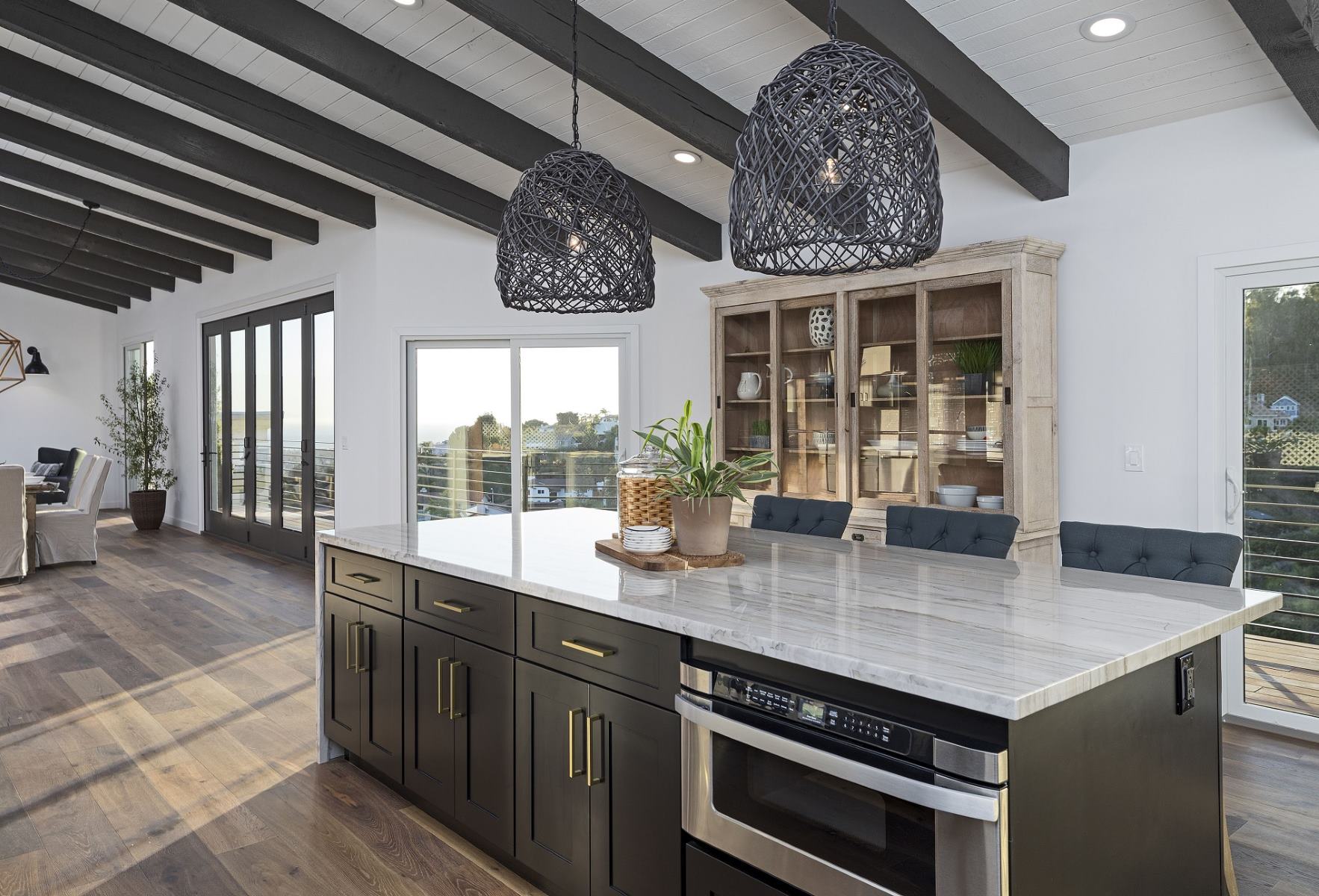
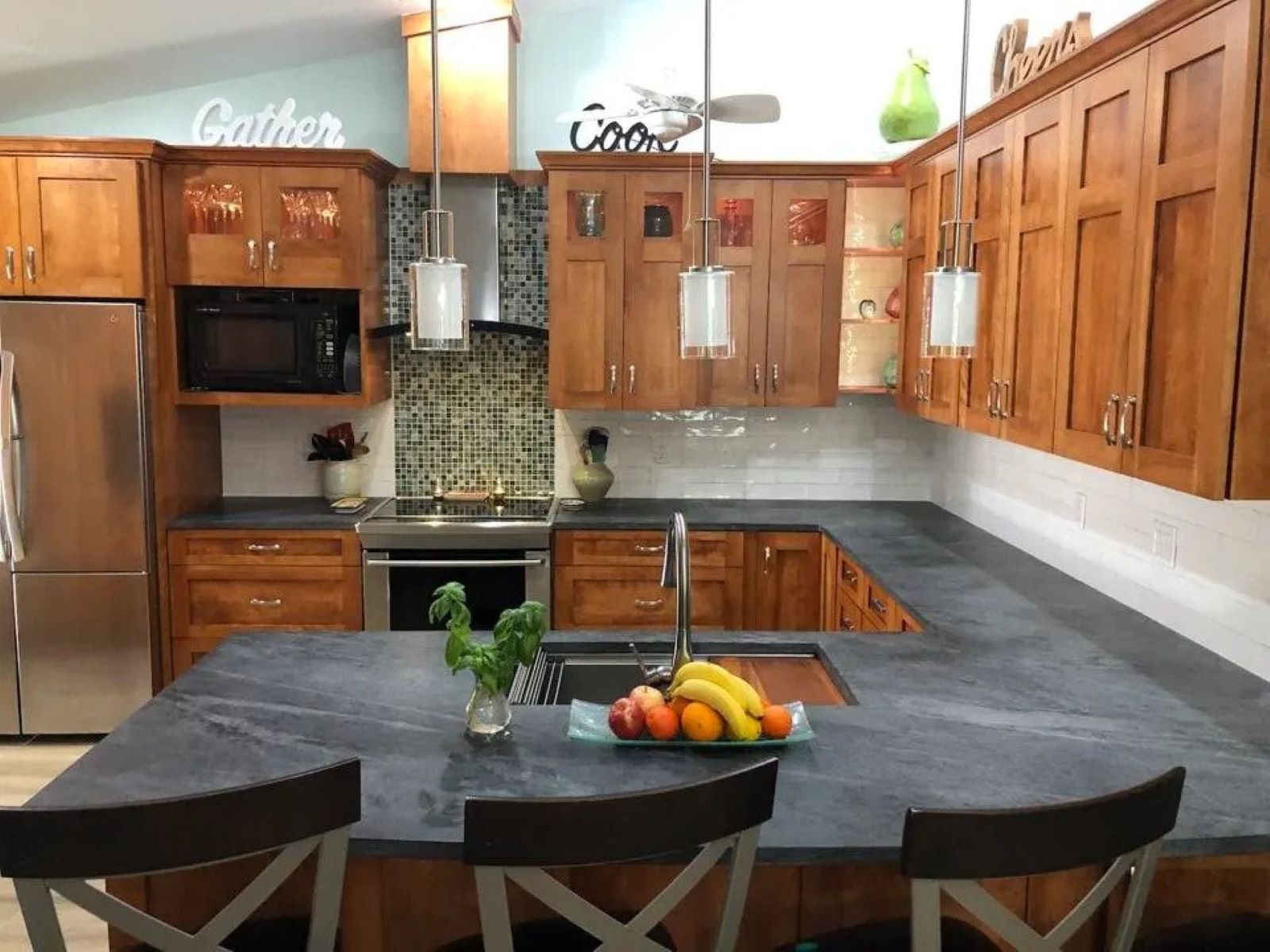
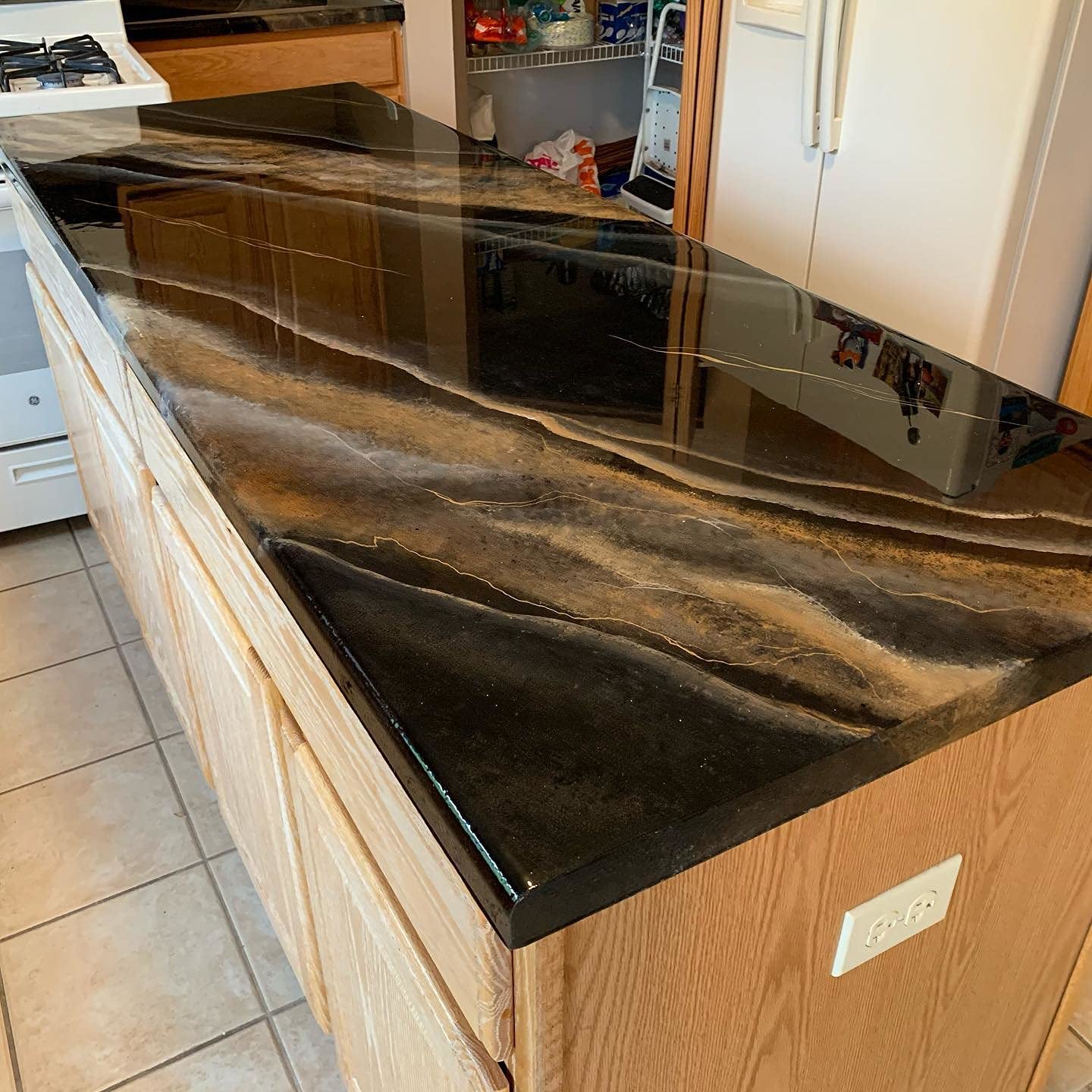
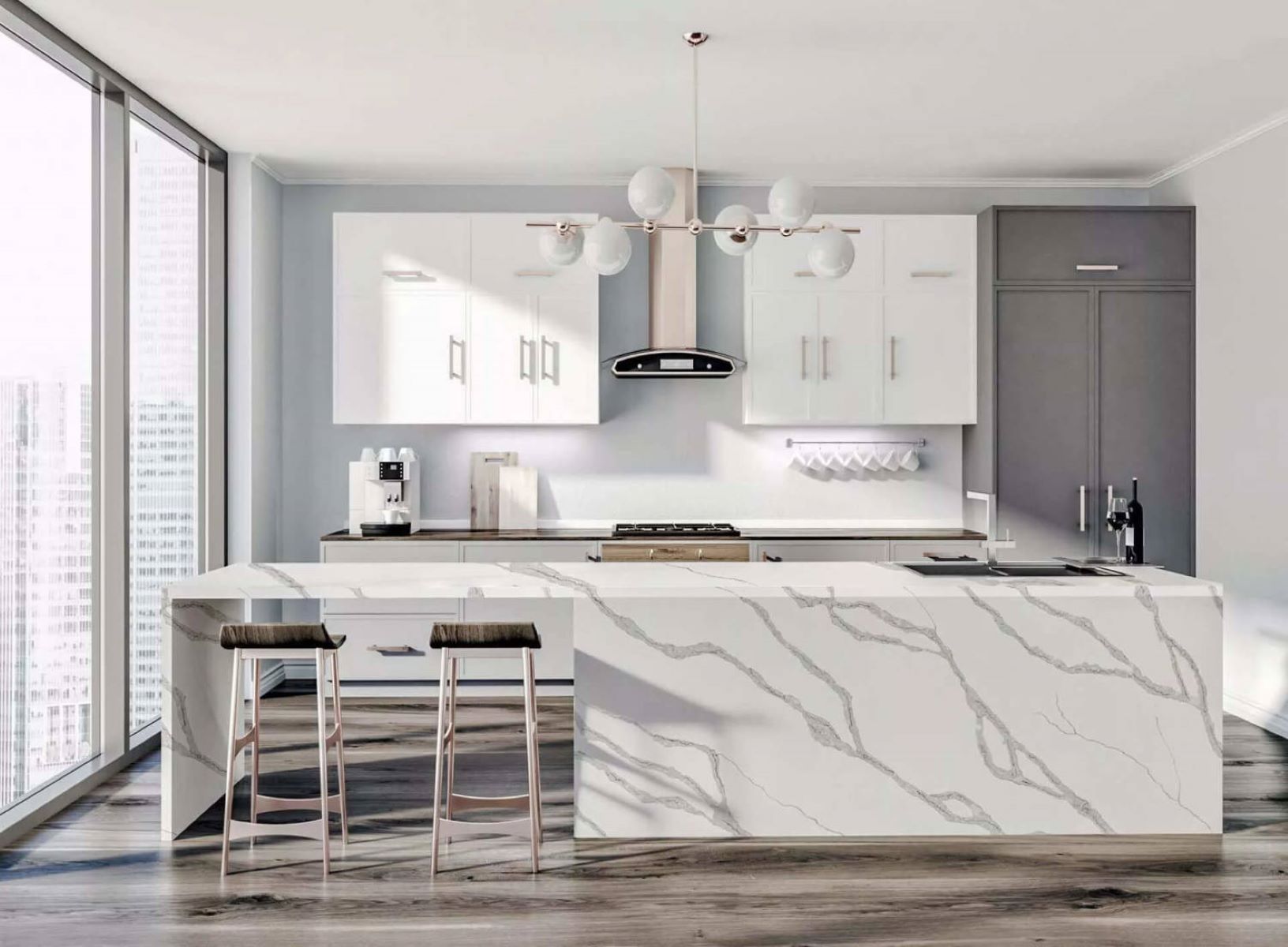
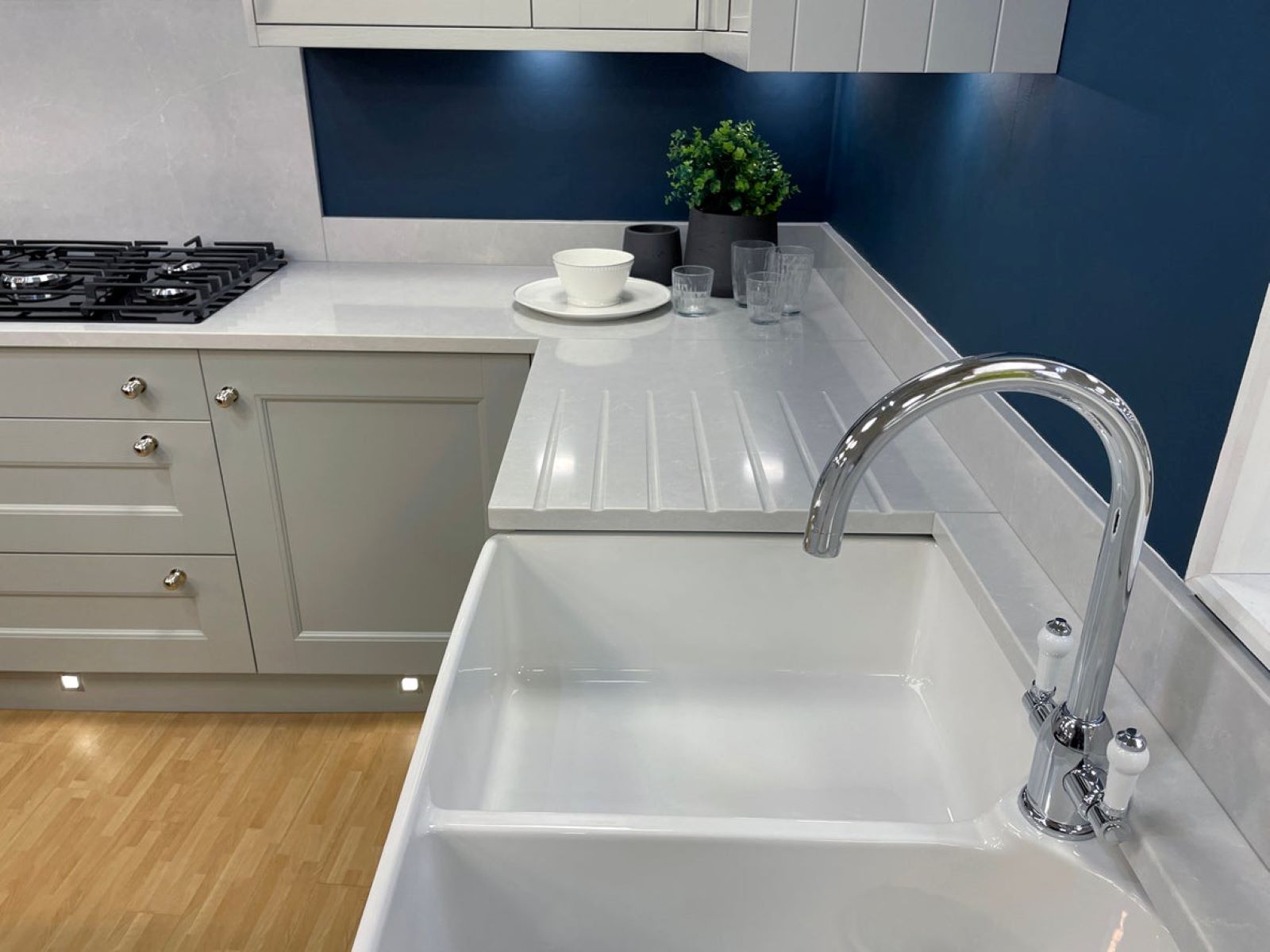
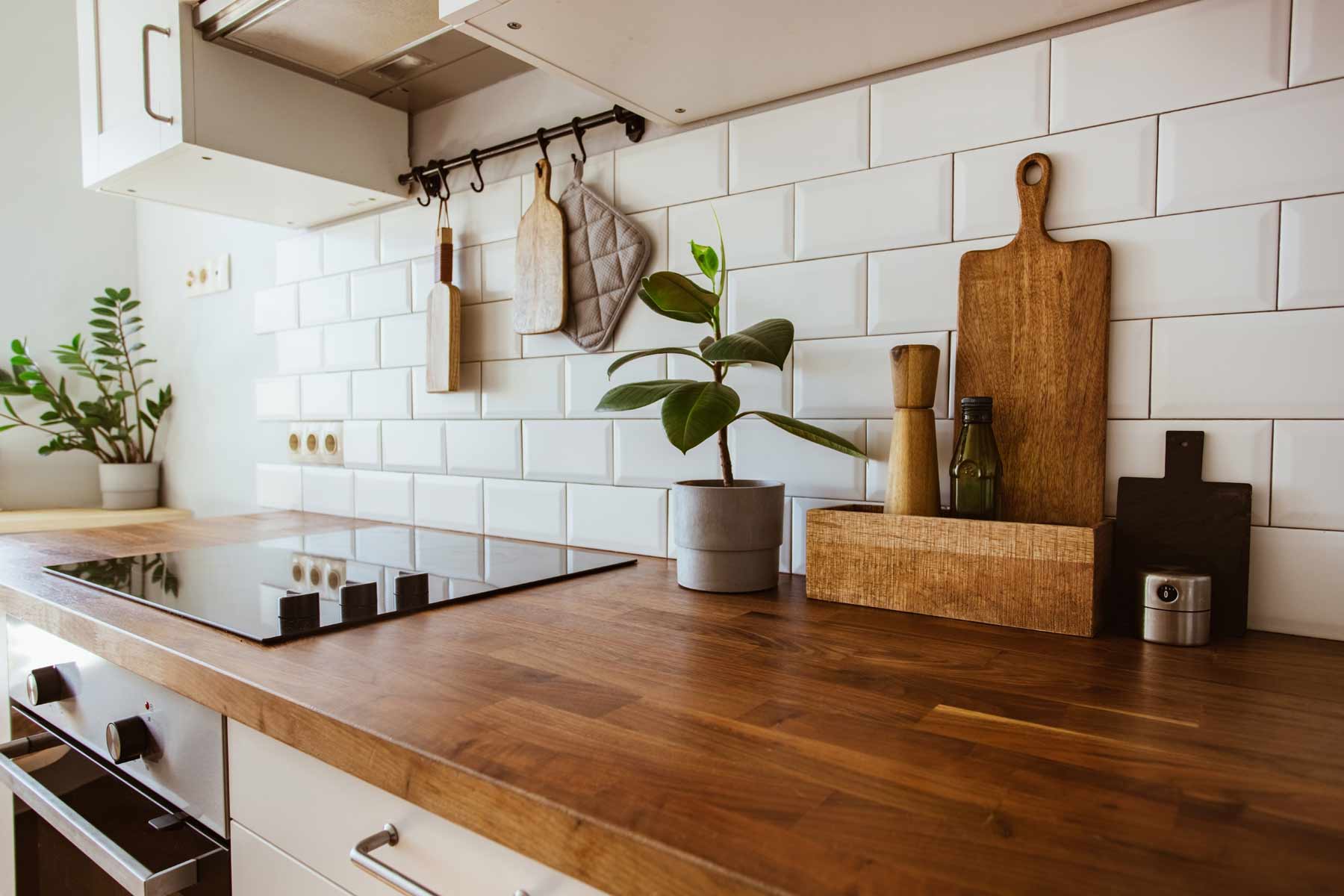
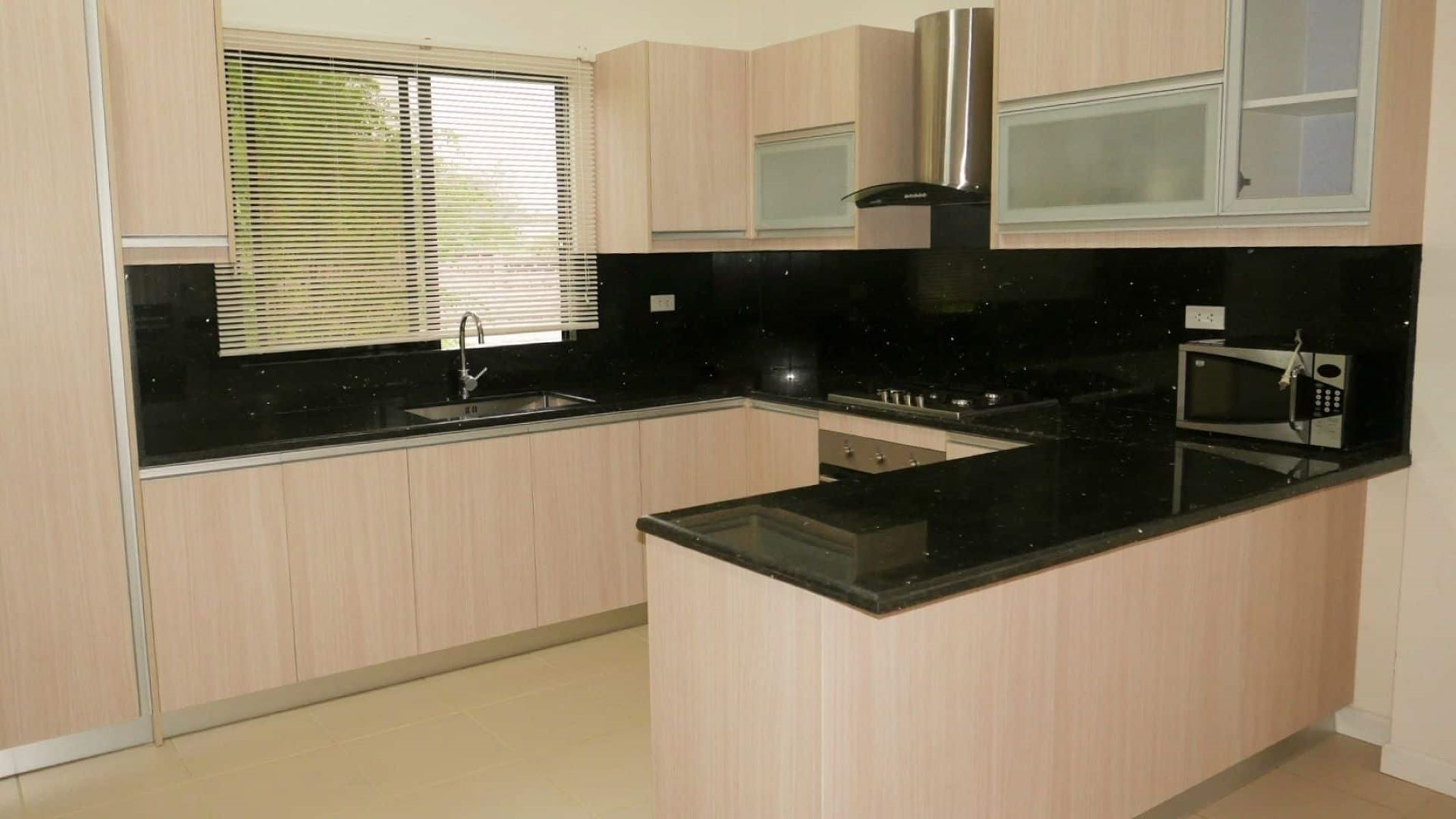
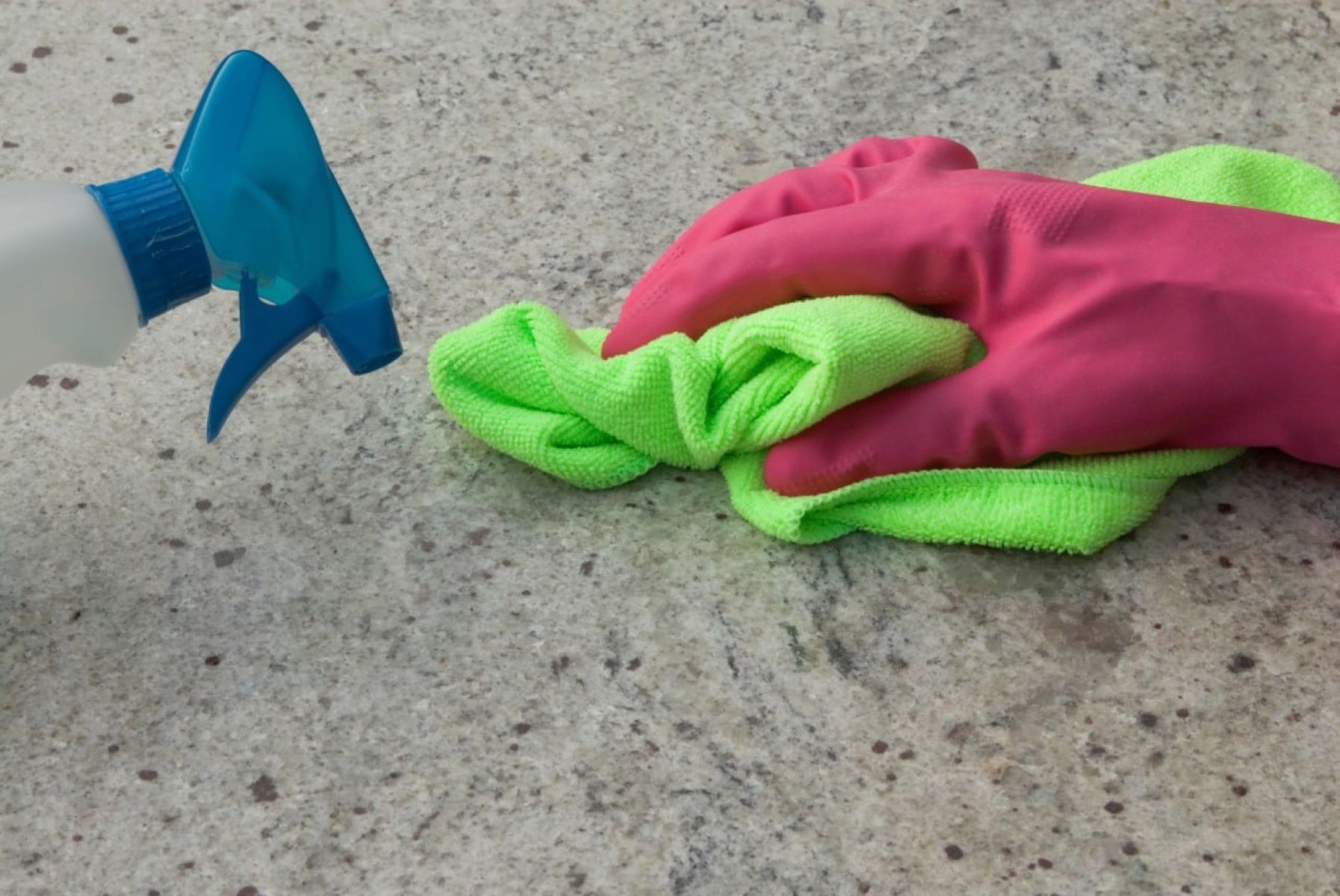

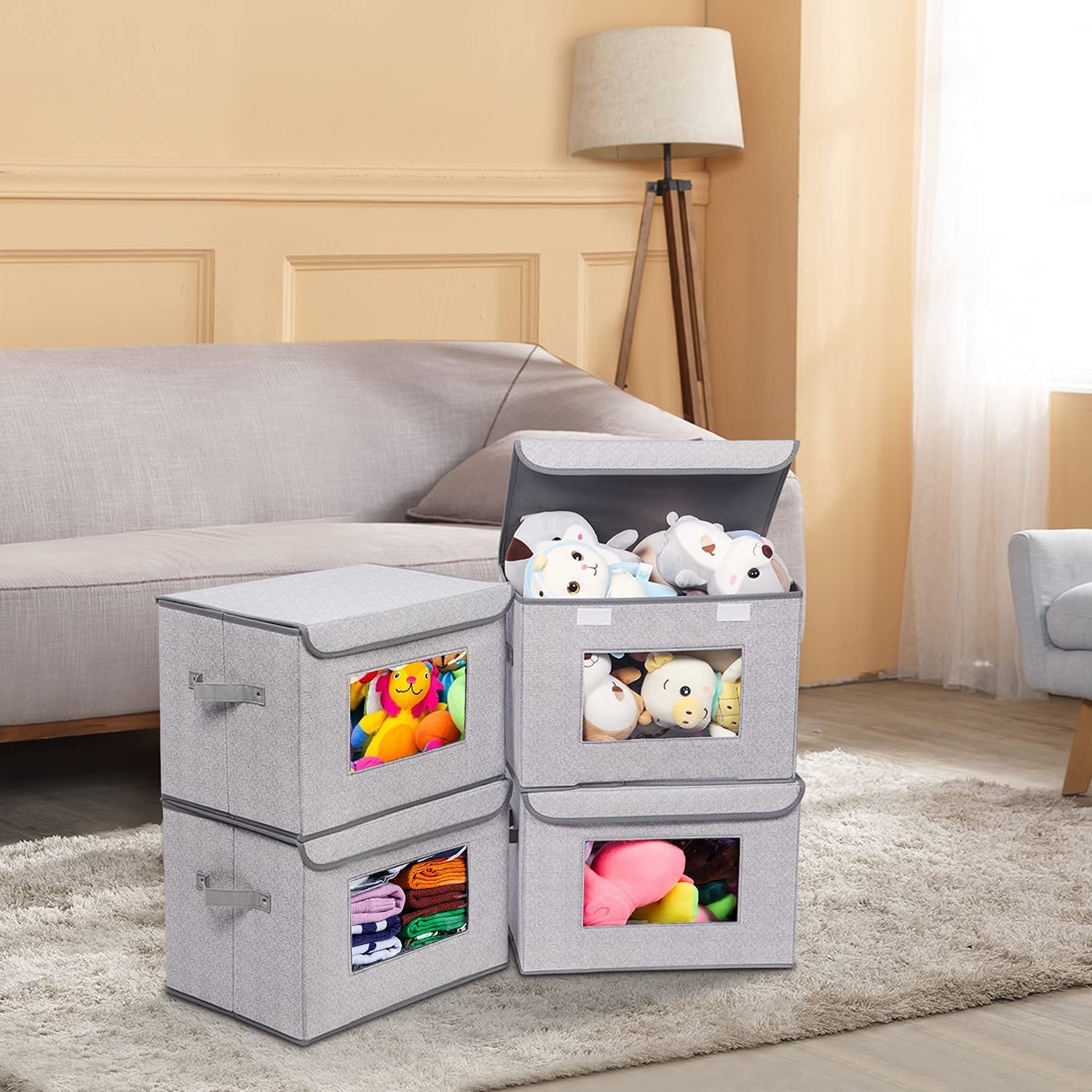
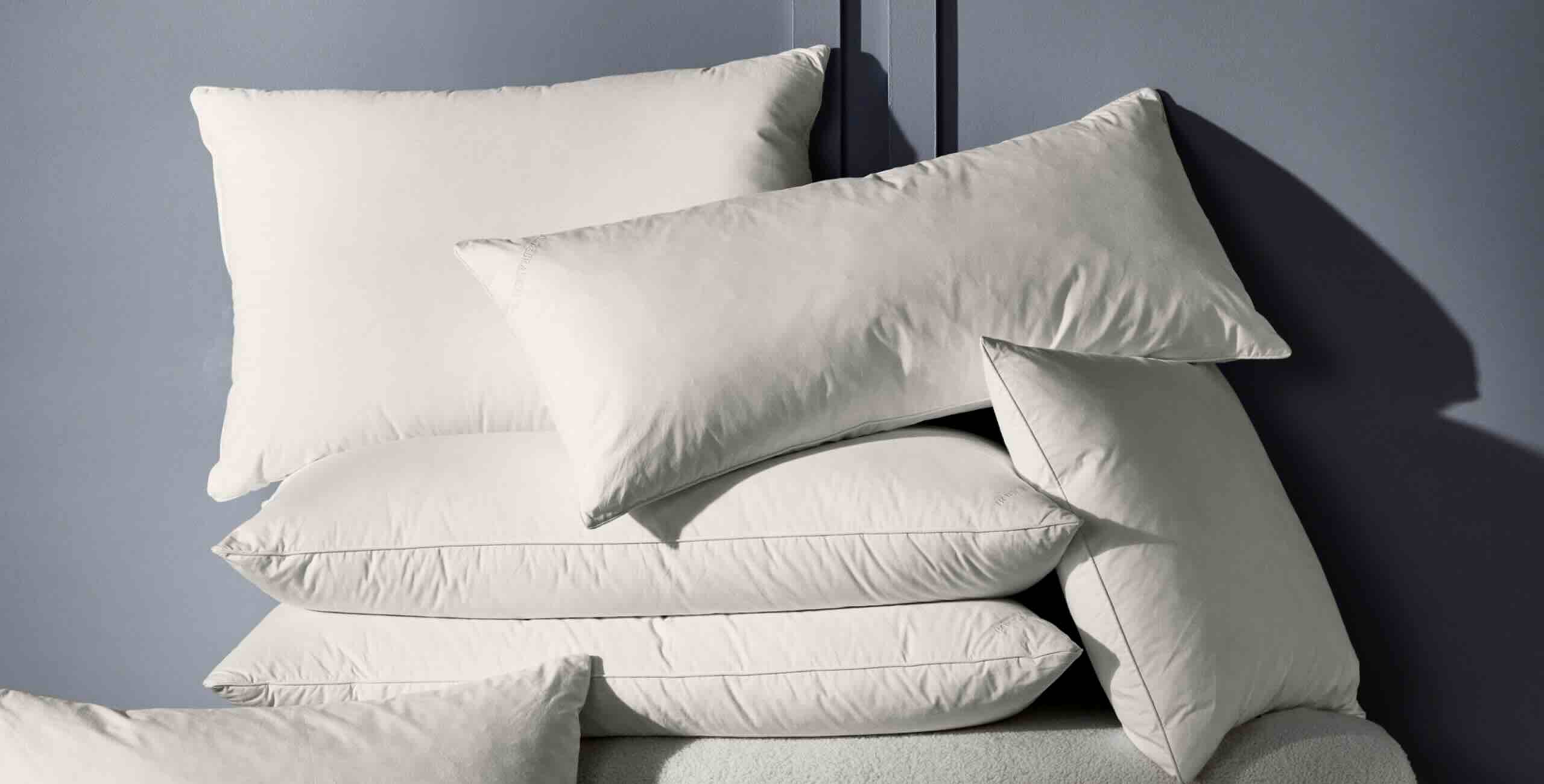

0 thoughts on “How Much Do Soapstone Countertops Cost”